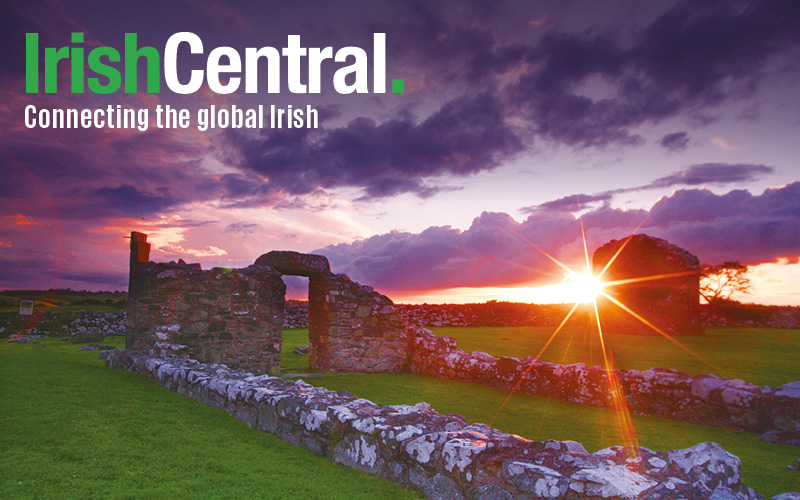In the dispute over the Apple corporation’s €13 billion back-tax Euro officials claim is due to Ireland, Irish commissioner in Brussels Phil Hogan has said he would have to resign if he didn’t support the Euro ruling.
Hogan, a former Irish government minister, said the European Commission’s (EC) decisions are akin to cabinet decisions, subject to collective responsibility.
Therefore, he supported the ruling that said Apple’s tax arrangements in Ireland amounted to illegal Irish state aid to the world’s most profitable company.
Hogan was speaking on RTE as the Dail prepared to return from its summer break three weeks early to debate the issue.
The Irish government wants to appeal the EC's decision to the European courts and is likely to be supported by Fianna Fail.
The debate in Dublin follows a thinly-veiled criticism by President Barack Obama of Ireland’s deal with Apple. Although he didn’t specifically name Ireland or the European Commission, there was little doubt where Obama was pointing his finger when he said at the G20 summit in China that some of the U.S.’s closest allies were “racing to the bottom” in terms of tax policies that led to revenue shifting and tax avoidance in the U.S.
“It’s in the interest of all countries, whether they’re developed countries or developing countries, to put a stop to this,” Obama told reporters.
Meanwhile, Hogan rejected suggestions Brussels is trying to influence Ireland’s tax policy through the Apple tax demand.
“This is not about taxation rates. It is about state aid rules being implemented fairly so we have a level playing pitch for companies,” he said.
Hogan, who was in Co. Cork where Apple has its main Irish operation, dismissed suggestions the EU stance on Ireland’s handling of Apple’s tax could affect future investment by multinationals.
“Ireland is well located to take advantage of the huge markets within the EU and people come here for very good reasons,” he said.
Ireland made global headlines last week when the EU ruled that it was owed a massive €13 billion by Apple – enough to finance the public health service for a year.
The EU said Apple had been granted selective treatment by Ireland through two tax rulings granted to the company in 1991 and 2007.
The EU said that treatment allowed Apple to avoid taxation on almost all profits generated by sales of its products in the EU single market, because Apple recorded the sales in Ireland rather than where products were sold.
In recent days Apple chief executive Tim Cook has dismissed the Euro finding as “total political crap” and suggested Ireland was being “picked on” and was a pawn in a wider European Commission agenda to harmonize taxes across the EU.
He strongly rejected the assertion by European Competition Commissioner Margrethe Vestager that Apple paid just 0.005 percent tax in Ireland in 2014.
“They just picked a number from I don’t know where. In the year that the commission says we paid that tax figure, we actually paid $400 million. We believe that makes us the highest taxpayer in Ireland that year,” Cook said.
Apple also plans to appeal the decision to the European Courts.




Comments